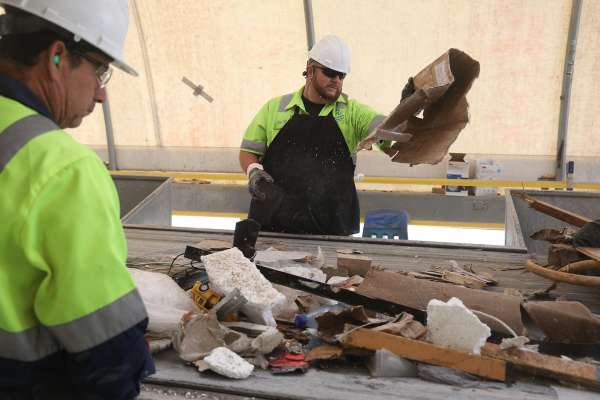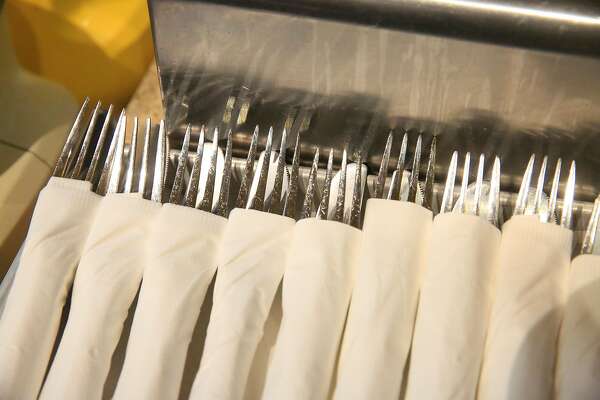The ambitious zero-waste initiative, which would cut greenhouse gas emissions from landfills, will be promoted on the international stage next month when San Francisco hosts the Global Climate Action Summit.
The three-day event beginning Sept. 12, with such environmental notables as former Vice President Al Gore, chimpanzee expert Jane Goodall and actor Alec Baldwin, is all about encouraging climate action at the local level.
The hope of the San Francisco summit is to advance the 2015 Paris agreement. Nearly 200 nations pledged three years ago to keep global temperatures from rising 2 degrees Celsius above preindustrial levels, the point at which scientists expect catastrophic consequences from global warming, including more intense wildfires and higher seas.
The effort to hit the 2-degree mark, though, has gotten harder since President Trump last year vowed to pull the U.S. out of the Paris climate accord. He’s since started reversing Obama-era policies designed to limit heat-trapping gases. The United States is responsible for about 17 percent of the world’s emissions.
Absent federal leadership, organizers of the San Francisco summit expect to roll out initiatives among cities, states and other subnational governments, as well as from businesses, with such climate goals as making buildings more energy efficient, increasing investment in environmentally friendly bonds and generating zero waste.
“Yes, I know President Trump is trying to get out of the Paris agreement, but he doesn’t speak for the rest of America,” said Gov. Jerry Brown in a recent plug for the summit, which he helped schedule. “We in California and states all across America believe it’s time to act, to join together.”
The no-waste initiative led by San Francisco remains, at this point, more of a vision than a doable goal. The city and its contractor Recology have vastly expanded the number of things that can be recycled or composted, successfully diverting more than 80 percent of the trash that otherwise would be sent to landfills. Yet many items inevitably end up at the dump.
And as perplexing as it is to deal with stubborn items like throwaway packaging of an online meal kit, city leaders are eager to develop new methods for getting difficult materials out of the waste stream.
“We can’t say just because it’s too big and hard we won’t keep at the journey,” Raphael said.
Waste reduction has long been viewed as a vital way to limit methane, a potent greenhouse gas that is produced when organic materials decompose. But waste experts say the climate benefits of recycling and composting go even further. Harder-to-measure gains come from reduced energy use when products are made from recycled materials instead of created from scratch and from composting food scraps, which enhance the ability of soil to store carbon.





